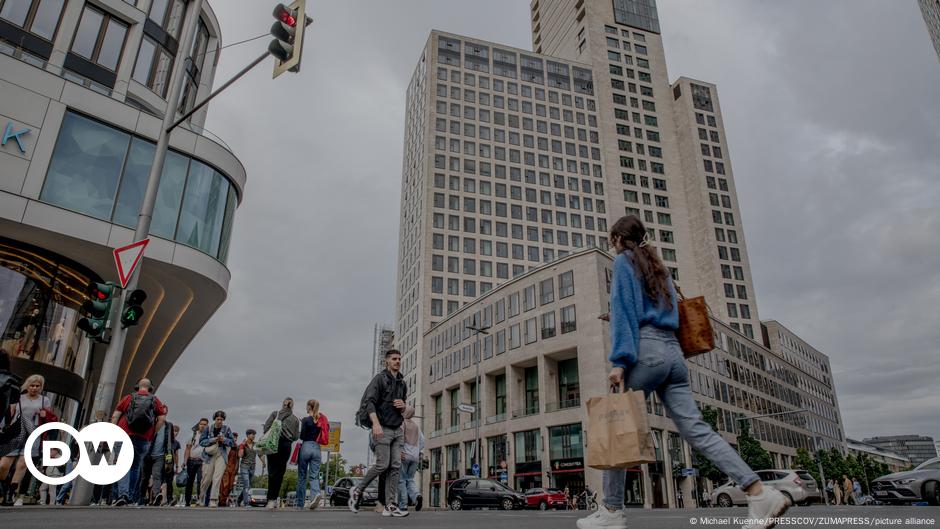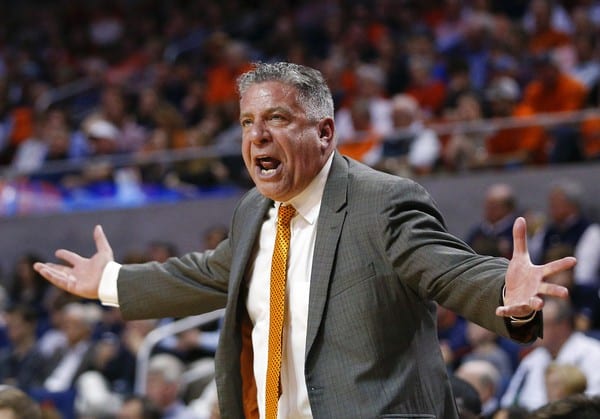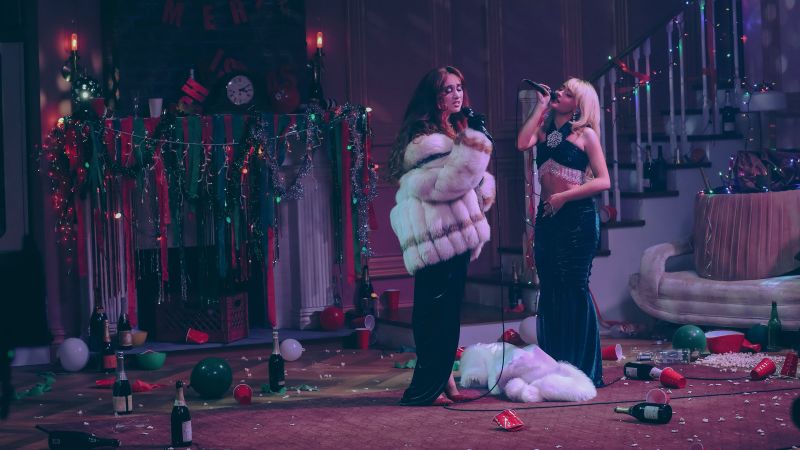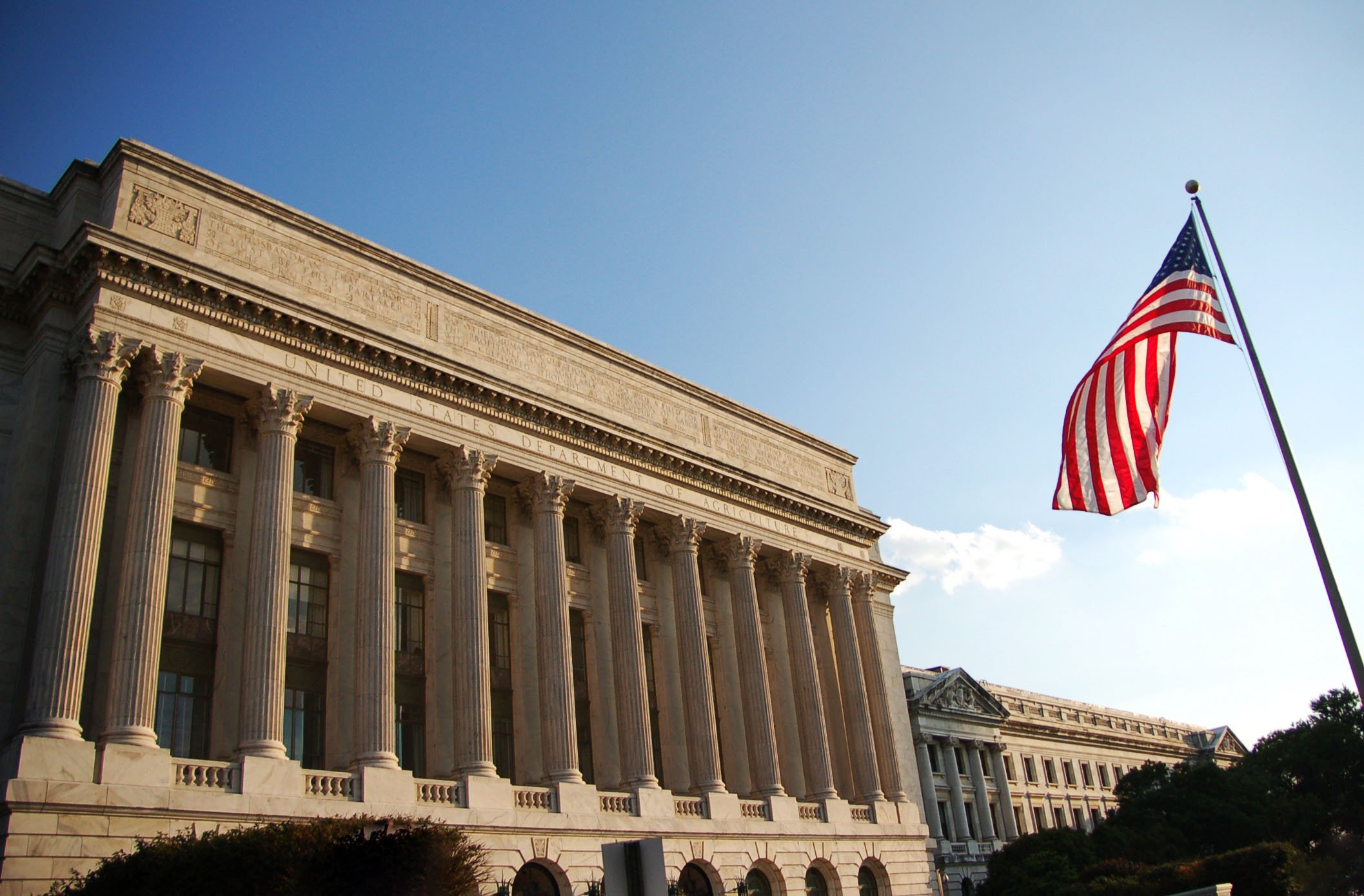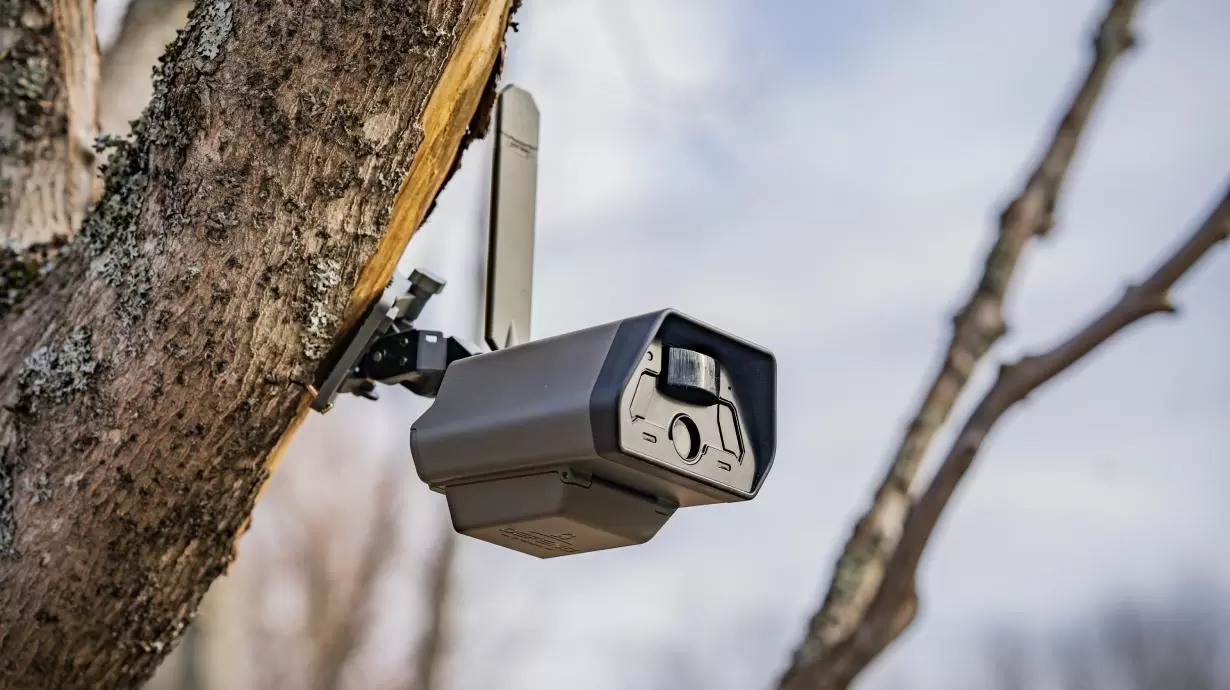Sports
Virginia law allows schools to pay athletes for NIL
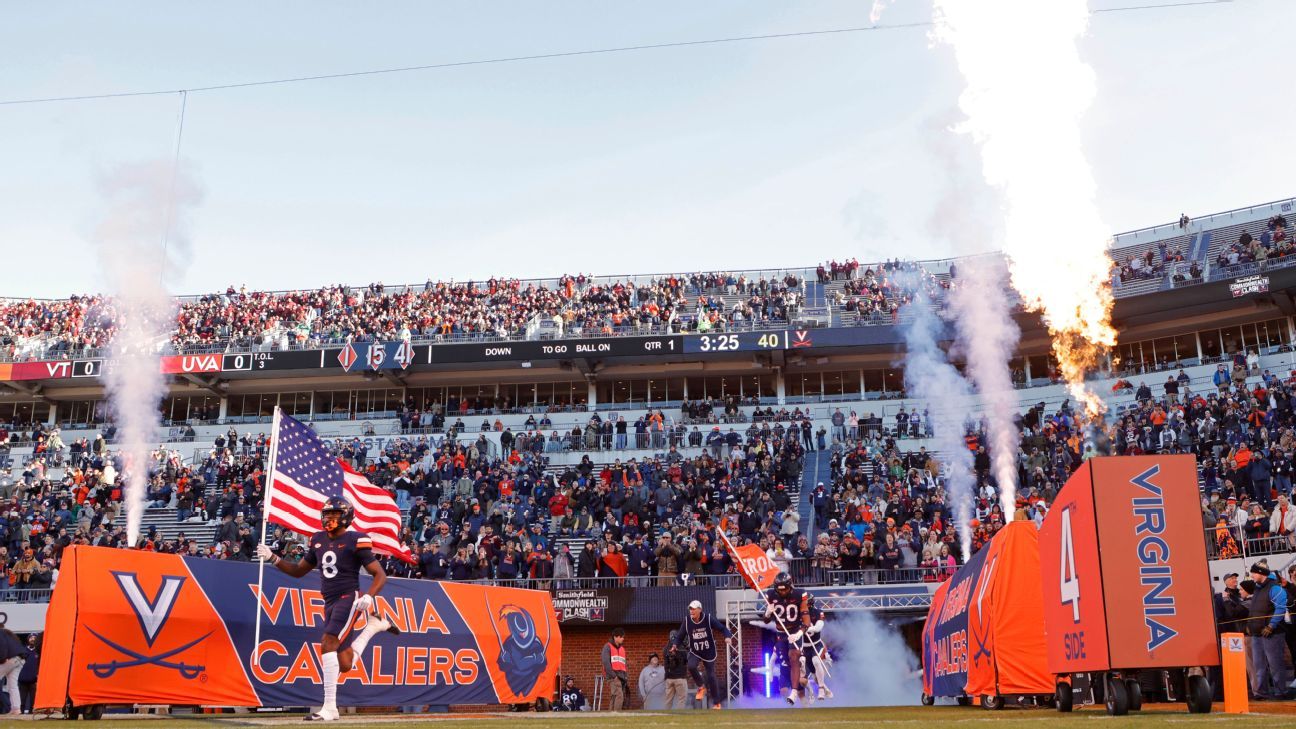
Schools in Virginia will be able to directly pay athletes via name, image and likeness deals thanks to a state law signed Thursday morning, marking another significant step in the professionalization of college sports.
The new law, which is scheduled to take effect July 1, is the first in any state to make it illegal for the NCAA to punish a school for compensating athletes for their NIL rights. Current NCAA rules prohibit schools from signing NIL deals with their own players. The law could either give Virginia schools a significant recruiting advantage or provide a catalyst for similar changes elsewhere.
“If this law gets us closer to a federal or a national solution for college athletics then it will be more than worthwhile,” University of Virginia athletic director Carla Williams said. “Until then, we have an obligation to ensure we maintain an elite athletics program at UVA.”
Administrators from the University of Virginia took a leading role in crafting the legislation with help from colleagues at Virginia Tech, according to its author, commonwealth delegate Terry Austin. Both Williams and Virginia Tech athletic director Whit Babcock declined to share details about how they are planning to use the new opportunities presented by the law.
The law explicitly states that athletes should not be considered employees of their school. Schools in Virginia are still not allowed to pay athletes for their performance in a sport, but starting this summer, they will be able to use university or athletic department funds to pay athletes for appearing in marketing campaigns. Williams said this was “maybe a distinction without a difference, but there’s a distinction there.”
Babcock said Virginia Tech is considering a number of methods for how it might deploy school funds in the future. Options could include contracting with third parties such as a marketing agency or a booster collective to pay the athletes, instead of cutting a check directly from the athletic department. He said the new law puts Virginia schools in a good position for both the current NIL marketplace as well as other forms of payment “that we think we see around the corner.”
“There is a better model and a better compromise,” Babcock said. “This is absolutely a step in the right direction for the commonwealth of Virginia and the country in my opinion.”
The NCAA recently has modified its rules in similar circumstances to create a more equal playing field when state laws or court injunctions have given some schools a clear recruiting advantage over their peers. For example, the NCAA’s initial decision to allow all athletes to make money through NIL deals was a result of changes in a number of state laws that went into effect in July 2021.
An NCAA spokesperson declined earlier this week to say whether the association would allow all schools to sign NIL deals with their athletes in response to Virginia’s law. If the NCAA does not change its rules before July and a school decides to sign NIL deals with its athletes, the state could then sue the NCAA if the association attempts to penalize the school. The NCAA has previously told ESPN that in cases where a law that contradicts NCAA rules is permissive — allowing a school to do something rather than mandating that a school do something — the association expects schools to still follow NCAA rules.
In a scheduled session unrelated to Virginia’s law, the NCAA’s Division I Council voted to adopt new rules Wednesday that will allow schools throughout the country to get more involved in facilitating deals between players and a third party. The council-approved plans stop short of allowing the schools to pay players directly. The council held its vote before Virginia’s law was finalized, and the new NCAA rules won’t be officially adopted until they are approved by the Division I board of directors next week.
Despite its potential to spur a significant change for college sports, Virginia’s new law garnered little attention before it was signed Thursday. Liberty University athletic director Ian McCaw, for example, said he was not aware the law would allow his school to sign NIL deals with its players when he spoke to ESPN less than 24 hours before the bill was signed.
“There are things we can do in terms of assisting with contract review and negotiations and financial management. I hadn’t heard you can actually buy their rights,” McCaw said. “That would be news to me.”
McCaw said Liberty planned to adhere to the NCAA’s restrictions. Athletic directors from other FBS-level schools in Virginia declined interview requests.
Both Williams and Babcock declined to discuss potential NIL budgets their schools are considering for competitive reasons. They both said they do not yet know with certainty how their schools would interpret Title IX laws when figuring out how to equitably share NIL opportunities with men and women athletes.
Title IX requires that schools provide equal opportunity for men and women to participate in sports on campus. While Title IX specifically requires schools to spend a proportionally equal amount of money on scholarships for men and women, it is not clear on whether schools would have to provide equal dollars for endorsement deals.
“It’s still an open question, and it’s a huge question,” Babcock said.
The question could be answered by guidance from the Department of Education or otherwise decided through litigation.
Williams said school officials have been discussing how to implement changes with the new law for months, but did not have a deadline for when they wanted a firm plan in place. Babcock said that he expects Virginia Tech to have a plan in place by July when the law goes into effect.
Both Williams and Babcock said they would be pleased if the NCAA, Congress or other states have similar rules in place by July. Williams said part of the motivation for Virginia schools in passing Thursday’s law was to create some urgency and incentive for either an NCAA rule change or a federal law that would provide more stability to the current marketplace for college athletes.
NCAA president Charlie Baker proposed in December that all schools should be able to pay athletes via NIL deals as part of a three-pronged plan to modernize the NCAA’s rules. Baker doesn’t have authority to enact NCAA rule changes on his own, and the voting members of Division I have not taken significant steps to implement Baker’s suggestions.
Change could instead come from state legislators who want to make sure schools in their state aren’t at a competitive disadvantage. Missouri has a state law that allows schools to pay a third party referred to as an “institutional marketing associate,” which in turn pays athletes for endorsement deals. Virginia’s law goes a step further in simplifying the way money can flow from a school to an athlete.
While at least six other states — South Carolina, Nebraska, Oklahoma, Illinois, Louisiana and Mississippi — have pending legislation that addresses their schools’ ability to pay NIL deals, none is currently as permissive as Virginia’s law. The proposed bills in those states all say that schools could pay their athletes if the NCAA or federal government changes rules to allow it.
Oklahoma state Sen. Kristen Thompson, who authored the pending NIL bill in her state, told ESPN the goal was to make sure no state laws would hamper their schools if the NCAA or Congress decided to update the rules. Thompson, who had not yet read the Virginia bill and spoke to ESPN before it was signed into law, said she was “committed to remaining competitive” with other states and would revisit her proposal if needed.
Lawsuits have also been a catalyst for nationwide NCAA rule changes. Virginia was one of two states that sued the NCAA earlier this year over some of its restrictions regarding when athletes can sign NIL deals. A judge in that case granted an injunction that now allows booster collectives and other third parties to make NIL offers to athletes before they enroll in their schools, which has opened the door for specific NIL dollar amounts to be a part of recruiting pitches.
When combined with the current injunction, Thursday’s law will make it legal for the schools in Virginia this summer to directly present specific NIL deals to recruits before they enroll.





